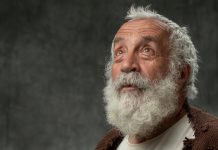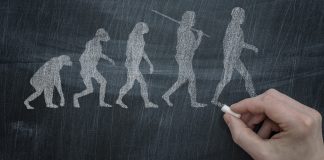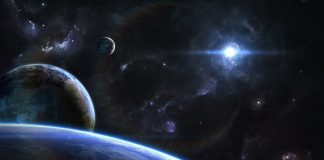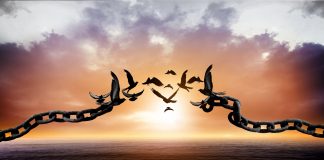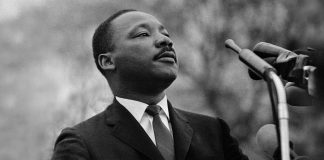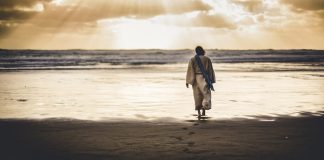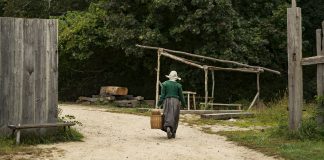Norel Iacob
The sad people at the circus
At night, the main boulevard in Las Vegas is so crowded that in order to move forward you actually have to push your way through the motley crowd. People of all kinds fill the space already suffocated by the construction conglomerate, which is equally diverse.
Between 6 and 10 years of extra life make a difference
Over the past few years, several major media outlets have been talking about the increased longevity of Adventists compared to the populations they live among (CNN, BBC, DW, NBC, CBS, ABC, CBN, National Geographic, Time, Los Angeles Times, Huffington Post, The Atlantic, etc.).
Love and the second “Yes!”
They have read that love lasts for two or three years, and although they’ve gathered every possible argument why it wasn't the case for them, they couldn't get the possibility out of their minds altogether.
The pretext of ignorance is sold in different styles
Atheist evolutionists accuse Christians of offering explanations that blame everything on God when they have no other answer. In other words, God has become a pretext for ignorance. Without denying the fact that sometimes this is true, reality also has other facets.
There is no such thing as absolute truth or absolute values. True or false?
By their very complexity, situational moral decisions demonstrate that there is an absolute good that we seek. Moral principles work together for the absolute good.
Can God be removed from history?
“Is God dead?” was the question on the cover of Time magazine on April 8, 1966. Three-and-a-half years later (December 26, 1969), the publication changed that to: “Is God coming back to life?”
Sebastian Castellio
When the Scottish reformer John Knox, Calvin’s disciple, wrote in 1560 in favour of the death penalty for heretics, he was attacking Sebastian Castellio in particular. John Knox did not know then that he was attacking the father of the idea of religious freedom in Christianity.
Martin Luther King, Jr. | What have we to do with heroes?
On August 28, 2011, when the Martin Luther King, Jr. Memorial was opened to the public in Washington D.C., 48 years had passed since the famous “I have a dream” speech by the young African-American Baptist pastor.
The most important primary caregiver
According to attachment theory, originally formulated by John Bowlby and later refined by Mary Ainsworth, adults’ relational patterns are formed according to the model of the close relationship they formed in early childhood with their primary caregiver, who is usually the mother.
The year 1989 and three decades later
The year 1989 changed not only the countries of the former communist bloc but also the world. From a geopolitical, economic, cultural, and religious standpoint, 1989 was a watershed year that changed the meaning of international relations, with direct effects on all areas of life.
The rabbi (who never was a rabbi) who will never be forgotten
Given that no one could become a scholar without formal training, it is truly remarkable that Jesus, who was not formally educated, was nevertheless recognized as a “Rabbi” (Mark 12:14 cf. John 3:2).[1]
Puritanism in the Protestant Reformation
Less than 50 years after the supporters of Martin Luther’s ideas in Germany were mockingly called “Lutherans,” England was in its turn discovering a derogative nickname—“Puritans”—which it applied to a category of Christians who disturbed the ordinary life of the English church and society.[1]
A blood-red sunrise: martyrs and the instinct of persecution
Even though we have been in a much better place for 700 years now, we know that the passing of time has not eliminated the instinct of persecution from human nature.
“Divine Providence: God’s Love and Human Freedom” | Book review
Bruce Reichenbach's book, Divine Providence: God’s Love and Human Freedom is impressive first of all due to the author’s total disinterest in impressing his readers. Instead, he has a legacy to pass on.
Financial literacy is in the spirit of the Bible
Are you financially literate? If your financial management strategy is one of the following four, then the answer is probably no.









